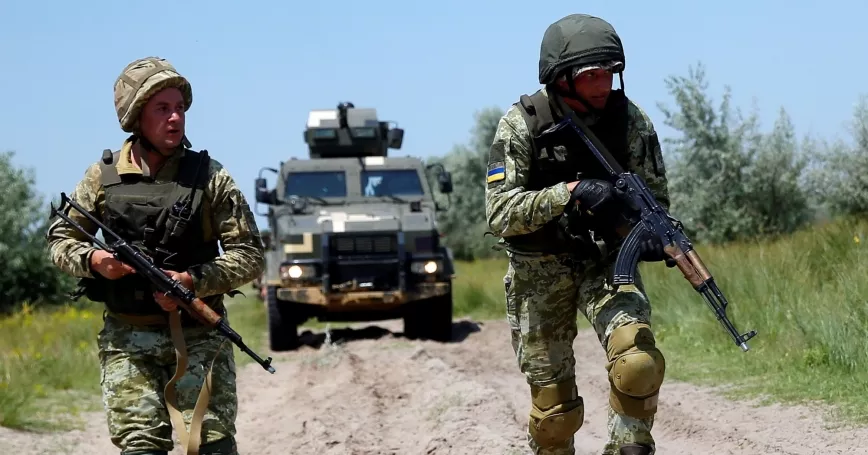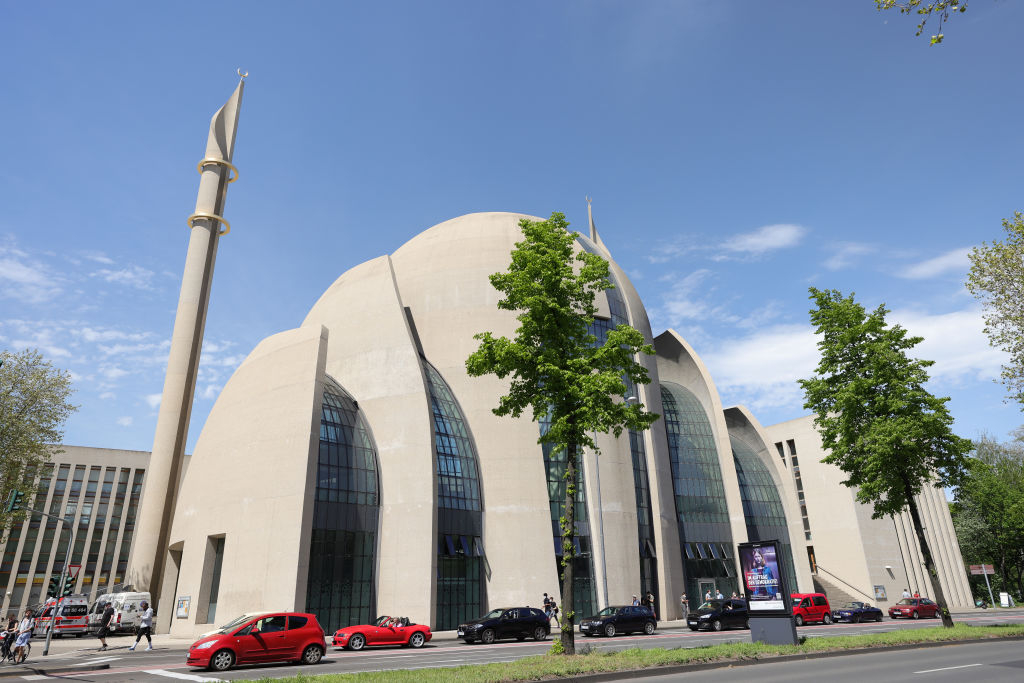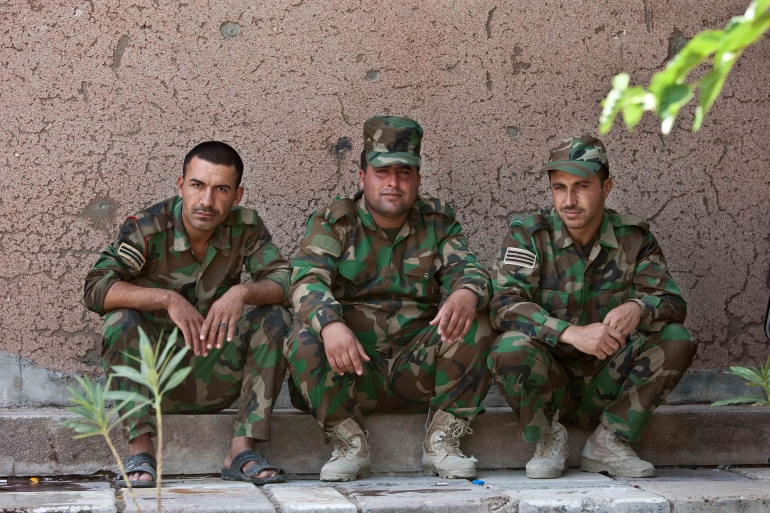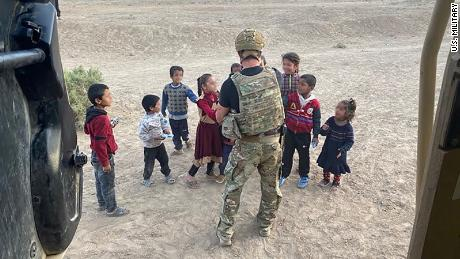Trends In Terrorism: What’s On The Horizon In 2022? – Analysis
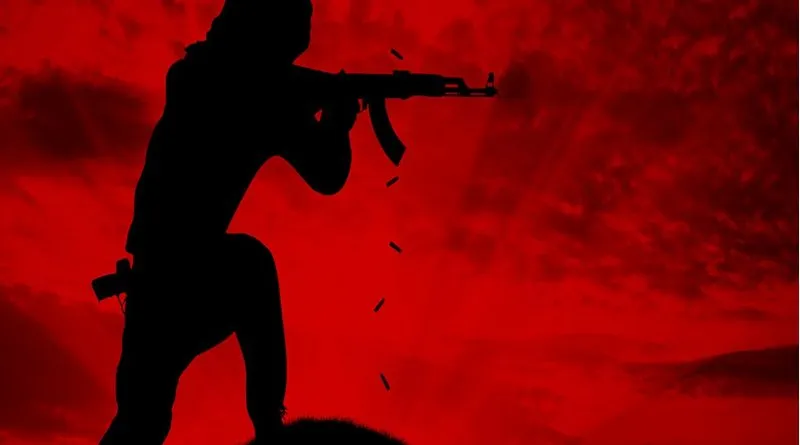
With the world still reeling from the global COVID-19 pandemic, nearly two years in the making, few know what to expect terrorism trends to look like heading into 2022. However, certain trends from previous years seem likely to continue and may grow more severe. The terrorist threat is arguably more diverse than at any point in recent memory, with the threat posed by far-right extremists and jihadists joined by a growing roster of political and socio-cultural motivations, including ‘technophobia’ or neo-Luddite terrorism, violent anarchists, and extreme misogynists, especially those following the so-called ‘Incel’ ideology. ‘Salad bar’ ideologies, those that combine a sampling of different ideologies, sometimes diametrically opposed to one another, are also on the rise and are best exemplified by neo-Nazis growing fetishization of jihadist ideology. And while the most lethal terrorist threats are likely to remain jihadism and far-right extremism, it is important to think about how recent developments could shape patterns of terrorism over the coming year.




